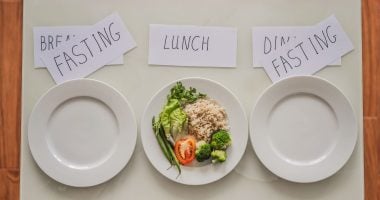Extreme low-calorie diets, such as the 600 calorie diet studied by Newcastle University have been hailed as extremely effective in helping people with diabetes to control their blood glucose levels.
In some instances, reports of temporary diabetes cures have been reported from following an extreme low-calorie diet for a short period.
Is this the 600 calorie diet that was in the news?
A Newcastle University study, funded by Diabetes UK, examined 11 people with diabetes who slashed their food intake to 600 calories per day for 8 weeks.
Three months later, 7 of the 11 people studied were free of diabetes.
- Read more about the 600 calorie diet in the news
As with other very low calorie diets, you should consult a doctor before undertaking such a diet.
What was involved in the diet used in the study?
The diet was predominantly based around:
- Optifast meal replacement sachets, which provided 75% of the calories (600 cals)
- The other 200 calories came from non-starchy vegetables.
Note: The diet is referred to as the 600 calorie diet (rather than the 800 calorie diet) due to the meal replacement aspect of the diet totalling 600 calories.
How does an extreme low-calorie diet affect the body?
An extreme low-calorie diet (usually based on diet drinks and non-starchy vegetables) reportedly prompts the body to expel fat clogging the pancreas, helping people with type 2 diabetes to ‘wake up’ their insulin producing cells.
So low-calorie diets bring blood glucose levels down?
In the aforementioned study, people with diabetes who did not get the special diet were also assessed.
After one week, those on the extreme low-calorie diet had pre-breakfast blood glucose levels close to normal. This was in line with decreasing fat levels in the pancreas.







